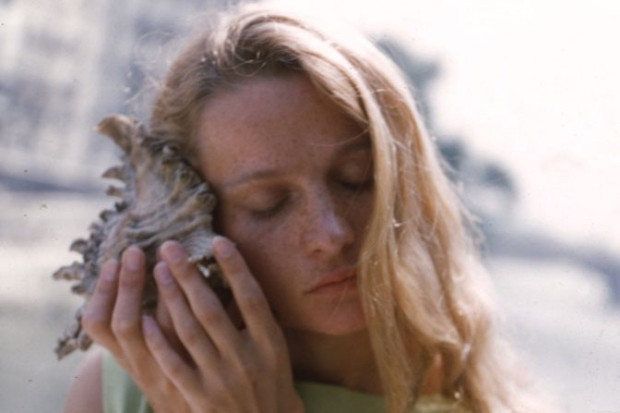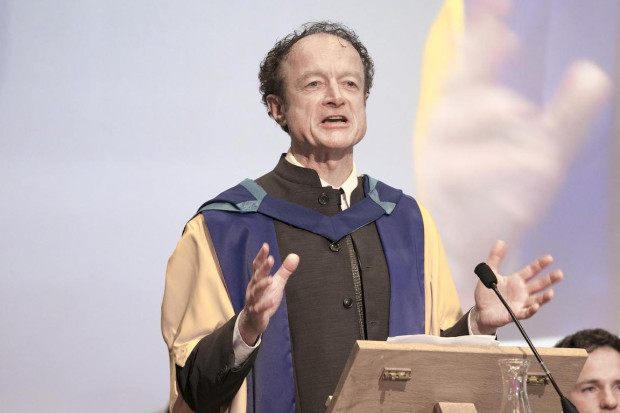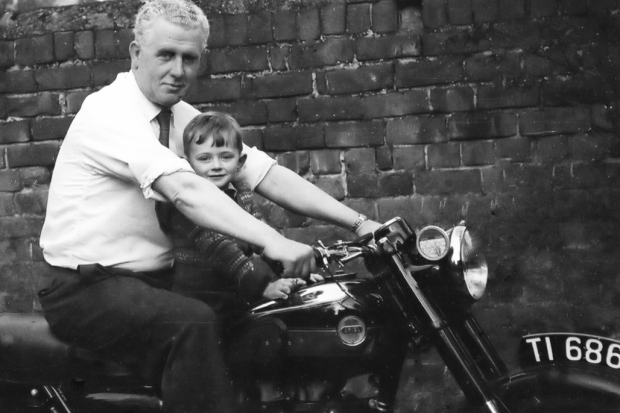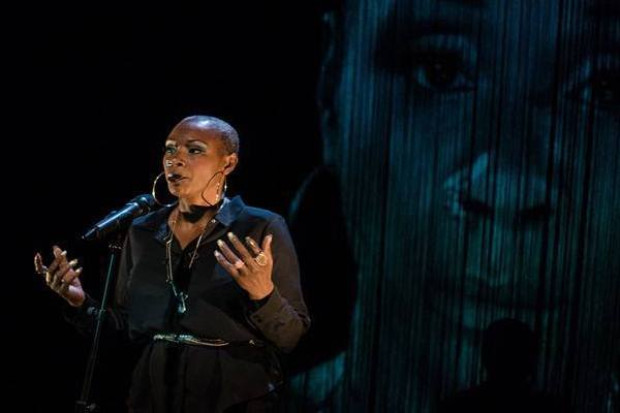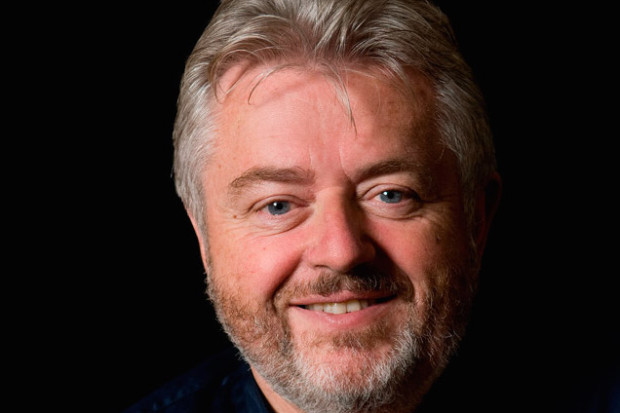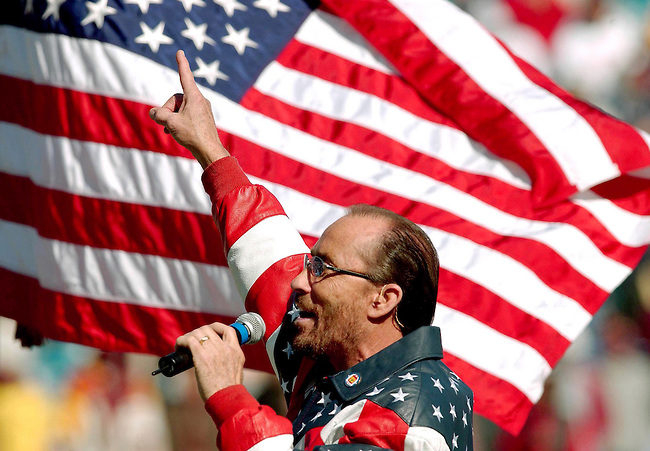
Lee Greenwood
The Truth About Country Music in the USA
All too often, American country music gets tied to various kinds of conservatism. Early on, it was deemed ‘hillbilly music’ by the very recording industry producing it, stereotypically linking it to a supposedly degenerate and backwards thinking culture. Then in the 1960s, it took on a more sinister public appearance, being seen as an expression of reactionary politicians and their followers, first through the vehemently racist George Wallace campaign, with the candidate’s ‘segregation now, segregation tomorrow, segregation forever’ position, then as part of Richard Nixon’s subtler but still suspect southern strategy of white working-class pandering through tough on crime rhetoric meant as coded racism.
In the decades following, many right-wing politicians have picked up the mantle of country music fan, trying to draw in listeners who are imagined to share the values of the right. Ronald Reagan, George H.W. Bush, George W. Bush, and even Donald Trump have all reached out, in various fashions, to country music performers and fans as part of their campaigns.
We can see a good example of this long-term outreach through one particular performer and song. Since 1984, long-time country star Lee Greenwood has graced the political stage at some point at the behest of all the above named Republican presidential candidates and sung his hit ‘God Bless the U.S.A.’, which contains lines such as
I thank my lucky stars
To be living here today
‘Cause the flag still stands for freedom
And they can’t take that away
Its varied references to religion, freedom, and war jibe well with conservative core values.
A boot in your ass
Along with Greenwood, country singer Toby Keith played at Trump’s January 2017 inauguration, running through a number of his hits, including his war rant ‘Courtesy of the Red, White, and Blue’, which includes the lines:
Justice will be served and the battle will rage
This big dog will fight when your rattle his cage
And you’ll be sorry that you messed with the U.S of A
‘Cause we’ll put a boot in your ass
It’s the American way
In response to this particular brand of entertainment during a fiery monologue on her show Full Frontal, comedian Samantha Bee called out Greenwood as a ‘patriotic white male mediocrity’ and gave name to her fears of the new regime in Washington DC with the phrase ‘militant country music’, positioning Trump, Greenwood, Keith, and (by extension) fans of the music as jingoistic, racist, and misogynistic.
‘I didn’t like how rock music responded’
Surprisingly, country music has brought America’s right and left together at last. Both think that this essential American musical expression only turns to the right. An episode from the 2016 presidential race well illustrates this strange reality.
As part of his campaign, conservative Republican senator Ted Cruz strategically announced his allegiance to country music on CBS This Morning:
My music tastes changed on 9-11 … I didn’t like how rock music responded. And country music collectively, the way they responded, it resonated with me … I had an emotional reaction that says, ‘These are my people’.
A day later, on MSNBC’s Now with Alex Wagner, liberal African-American commentator Jamilah Lemieux quipped in response to Cruz’s admission, ‘Nothing says, “let’s go kill some Muslims,” like country music’.
Both Cruz and Lemieux came to a rather similar conclusion about country music but from very different viewpoints; they believe that the music and its listeners are ultimately conservative: one with the hope of luring this group to his voter base and the other with the belief that this group is basically anti-Muslim and kill-happy. This kind of agreement about the nature of country music makes liberal fandom problematic. I know first hand.
Arkansas community
I was raised up listening to this music. But its political implications really did not play into my thinking then. It was just part of my day to day life. Each morning, my father turned on our old flip-top console, and the radio hummed to life, pouring a constant line-up of classic and pop country hits into our home. Johnny Cash, Waylon Jennings, Dolly Parton and a host of other stars sung me through my standard breakfast of bacon, eggs and biscuits.
But country music also travelled with me. It was on the chrome-knobbed radio in my father’s pickup truck, setting up a soundtrack to rides over bumpy county roads. It filled the air at convenience stores, fish fries and almost anywhere people gathered in our rural Arkansas community.
When I began to express my own musical tastes, I turned away from country music, not so much for its particular political tint but for what it more broadly represented. My parents and the adults around me – my elders – listened to country, and I wanted to break away from my rural roots to rush to a wholly different future.
But even more damning was that country was not cool. Rap, rock and punk rebelled against the status quo. Country seemed to embrace it. So I took up the Clash and U2. I not only looked away from country but also my country, often turning to other nations’ music for inspiration.
Later, I began to see the right-leaning, restrictive side of country, pushing it even further from my playlist. For too often it expressed an underlying religious tone and a nostalgia for rural, conservative ways and supposedly simpler times.
But there was also the buffoonery of country, such as in the antics on the country-themed variety television show Hee Haw. Overalls, blacked-out teeth and straw hats were the typical costume, and dull-witted yokels snorted out time-worn jokes week after week.
For years, all these forces pushed me away from most country music, making me ashamed of it and all it represented.
Progressive politics
Yet some countervailing voices did eventually appear. Cow punk and Americana suggested that the prevailing music of my childhood could be better than I had imagined it – more politically progressive, more inventive. In the mid- and late-1980s, performers such as Jason and the Scorchers, Michelle Shocked, Dwight Yoakum, Emmylou Harris, Steve Earle, and John Mellencamp made music that sounded both country and modern at the same time.
These performers also started pointing me backwards to those who inspired them, bringing such seminal figures as Bob Dylan, Gram Parsons, Woody Guthrie, and a host of other imaginative and liberal performers to my attention, people who were not always automatically linked to country music but who certainly sounded country to me.
Even old favorites – Johnny Cash, Willie Nelson, Dolly Parton, and Loretta Lynn – eventually seemed new and full of possibility in the new light of my growing understanding of the fullness of what country music had been in the past and was capable of becoming. These mainstream performers spoke out about working-class angst, stereotypes of rural identity, and other issues that made them more outspoken than the typical pop star.
Also, I discovered writers and thinkers who gave me a broader appreciation of the history of this music, such as Archie Green, Greil Marcus and Bill Malone. Their writing urged me to re-evaluate country, to see that it contained many attitudes and political views. Through them, I came to see such seminal country musicians as Uncle Dave Macon, Harry ‘Haywire Mac’ McClintock and Gene Autry as having some progressive political agency.
A deeper understanding of country music showed me both its breadth and its contradictions. It contained Merle Haggard’s ‘Irma Jackson’ and Guy Drake’s ‘Welfare Cadillac’; Toby Keith’s ‘Courtesy of the Red, White, and Blue’ was countered by Steve Earle’s ‘John Walker’s Blues’. There is no unified nation of country. It contains multitudes, both those on the right as well as those on the left.
Now I proudly and publicly stand as a country fan, but my hard-won appreciation does not stop the notion that the music is politically incorrect. You still may not win any liberal friends by singing your way through the latest country hit. But despite what Donald Trump, Samantha Bee, Ted Cruz and Jamilah Lemieux might believe, there are many songs and performers – from the past and the present – that damn the lie that American country music belongs to the political right alone.
Published on 6 June 2018
Mark Allan Jackson is a country music fan and editor of a new collection of essays published by University of Massachusetts Press, The Honky Tonk on the Left: Progressive Thought in Country Music. He teaches popular culture and folklore at Middle Tennessee State University.










